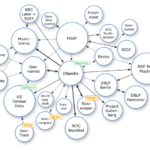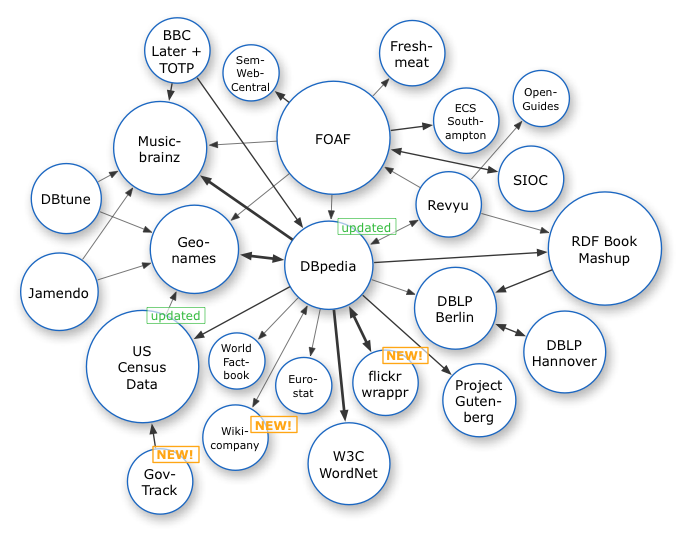Table of Contents
ToggleIn the rapidly evolving field of digital marketing, Search Engine Optimization (SEO) remains a critical component for online visibility and success. With the advent of machine learning, SEO strategies have become more data-driven, with algorithms playing a pivotal role in deciphering search patterns and enhancing website rankings. This article outlines seven of the most effective machine learning algorithms that have been instrumental in achieving SEO success.
Decision Trees
Decision Trees offer a visual and analytical model for decision-making, which mirrors the hierarchical structure of search engine algorithms. They help SEO professionals categorize the variables that most significantly impact website rankings, providing insights into the probable outcomes of implementing specific SEO strategies.
Naive Bayes
Employed extensively for classification problems, the Naive Bayes algorithm is adept at handling vast datasets prevalent in SEO. It excels in identifying spam and conducting sentiment analysis, crucial for managing online reputation and content relevance, which are key factors in SEO.
Support Vector Machines (SVM)
Support Vector Machines efficiently manage the classification and regression challenges posed by high-dimensional SEO data. By finding the optimal boundary between different classes of data, SVMs contribute to refining search result accuracy and improving the user’s search experience.
K-Means Clustering
K-Means Clustering algorithm serves to unearth hidden patterns within SEO data, enabling the discovery of natural groupings such as keyword clusters. This insight allows for more targeted content strategies and improved alignment with user search intent.
Neural Networks
With their deep learning capabilities, Neural Networks can process complex and unstructured data, making sense of the human elements in search behaviors. They are particularly effective for predictive analysis in SEO, anticipating changes in search trends and user behavior.
Random Forest
Random Forest is an ensemble learning method that builds on decision trees to provide more accurate SEO insights. By assessing a multitude of decision trees to make predictions, this method reduces the risk of overfitting and provides a more comprehensive understanding of search engine ranking factors.
Gradient Boosting Machines (GBM)
Gradient Boosting Machines stand out for their ability to optimize weak learning models, enhancing their performance iteratively. In the context of SEO, GBM can fine-tune website attributes to better meet search engine criteria for ranking.
Conclusion
Machine learning algorithms are reshaping SEO by providing more precise, data-driven insights into search engine behaviors. The seven algorithms discussed offer a blend of predictive power and analytical depth, essential for modern SEO strategies. Their application can significantly improve search engine rankings, drive traffic, and ensure sustained online success for businesses in the digital age. As machine learning continues to advance, its integration with SEO practices is poised to become deeper, making these algorithms even more central to successful digital marketing campaigns.












